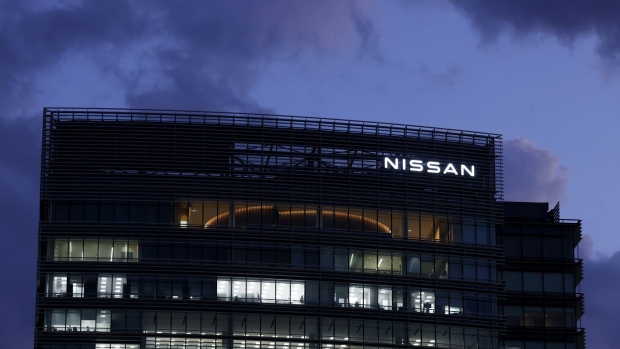
The carmakers will collaborate on core technology for battery-based electric vehicles, including software, they said in a statement Friday, adding that they signed a memorandum of understanding for the strategic partnership.
Japanese manufacturers have been met in China with strong competition from local newcomers, forcing the former to cut back production and staffing or, in the case of Mitsubishi Motors Corp., pull out of the market altogether. Both Honda and Nissan are reportedly planning to cut production capacity in China as sales continue to fall, while China’s BYD Co. revealed plans this month to roll out new models and expand its dealership network in Japan.
The deal is advantageous because “both the parties are in trouble,” said Seiji Sugiura, senior analyst at Tokai Tokyo Intelligence Laboratory Co. If they collaborate on batteries, that “will save them a lot of cost,” he said.
“It’s interesting to think of the various ventures the duo will be doing together in the future as a force against Toyota,” Sugiura said.
After BYD surpassed Elon Musk’s Tesla Inc. last year as the world’s top EV maker, the pressure is on legacy brands to catch up.
Honda last year shelved plans to develop budget-priced battery-powered cars with General Motors Co. The two automakers also are likely to delay deployment of self-driving taxis in central Tokyo, after GM’s Cruise unit grounded its entire US fleet after its California license was suspended.